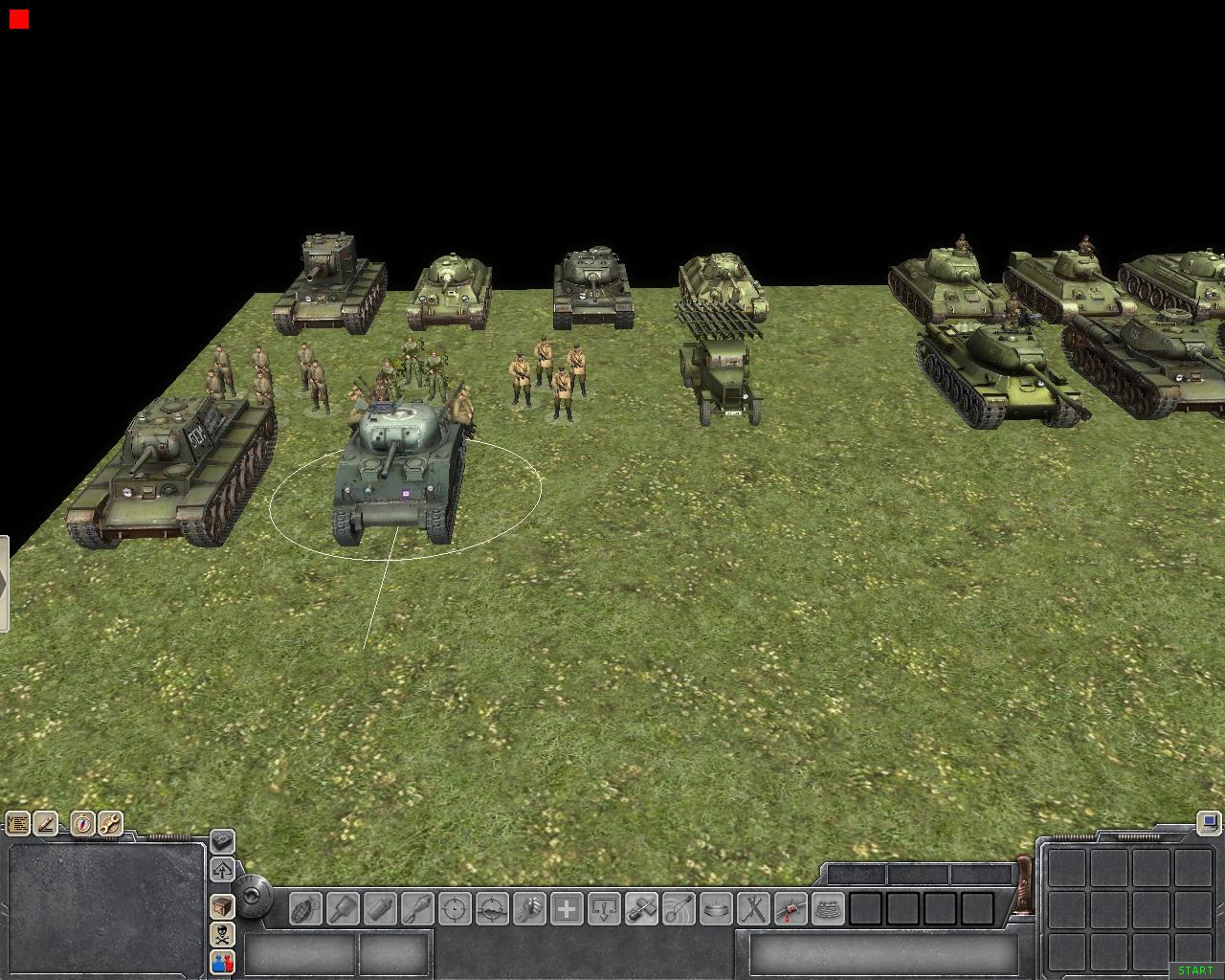
As such, one of your squads might be butchered by a tank while you are trying to take out an artillery unit on the other side of the map. Taking control over an individual unit, for example, means that you cannot control or oversee what happens elsewhere on the battlefield. Most of the missions found in Skirmish mode seem to be designed for the game's co-op mode rather than the single player experience.

The remarkable depth of the gameplay does come at a price, though.
MEN OF WAR 2 MAKING MAPS TO PALY AGAINST AI ON FULL
Better yet, you can take full control of one of your units with the press of a button, allowing you to get your squad out of sticky situations, or orchestrate daring one-man attacks on enemy installations. Soldiers possess various grenade types, weapons and items, and are even able to switch between fire modes. Each unit usually has a rich inventory that you would rather expect in a first person shooter. While forcing your way through the enemy defense line by just throwing tons of units at it can certainly be an option at times, it's the small squad-based combat where this game really stands out.

This will spawn a huge amount of AI-controlled soldiers that will attack wherever you want them to, leaving a trail of death, chaos and destruction in their wake. My personal favourite, however, is the Russian 'For the Motherland' ability. The Americans unlock naval or air support, which allows you to take out enemy installations or units from a great distance. The Germans, for example, gain access to the Goliath, a small, remote-controlled tank that can infiltrate into enemy territory and cause a huge explosion upon detonation. These differ per faction, and can often be decisive in the final push. Breaking through a defense line will often unlock a special unit or ability, as well. How much of the battlefield you control also influences your own combat abilities: The more checkpoints are waving your nation's flag, the more quickly you generate points, which you can use to 'buy' reinforcements. This means that, if you aren't careful, enemy tanks can take back a freshly captured checkpoint before you know it. Breaking through a defense line will often trigger an enemy counter-attack, and seizing more control points will often cause resistance on your opponent's behalf to grow much more fierce. Once captured, though, a control point is by no means a safe haven. It is often helpful, for example, to clear out enemy trenches with a mortar attack before sending in your infantry, while snipers come in handy when your armour is being plagued by enemy artillery. This is harder than it sounds: nearly every control point is very well guarded by enemy forces, so capturing a point often requires well thought-out tactics. While Skirmish mode lacks the sense of progression you would feel in a story-driven campaign, it provides an incredibly deep single player experience that is challenging throughout.Įach map consists of various, near Battlefield-esque control points that have to be conquered. As that name implies, the single player missions aren't connected through an overhauling story, but rather focus on letting the player take part in some of WW2's most notorious battles without being limited by storytelling or chronology. Each faction has a set of single player missions you can play through in Skirmish mode. Assault Squad features no less than 5 playable nations: Germany, America, Britain, the Soviet Union and, for the first time in the series, Japan. Like in the original Men of War, the player gets to take control of various World War 2 factions. The result is a highly entertaining RTS title that is bound to please the fans of the series, but strangely enough also feels like a breath of fresh air, even in the familiar World War 2 setting. Assault Squad mainly streamlines and builds upon ideas from the original game. German developer Digitalmindsoft seemed to have been fully aware of this when they created Men of War: Assault Squad, a standalone expansion of the original Men of War from 2009.


Being innovative and progressive in the video game industry doesn't always require putting a genre upsidedown.


 0 kommentar(er)
0 kommentar(er)
